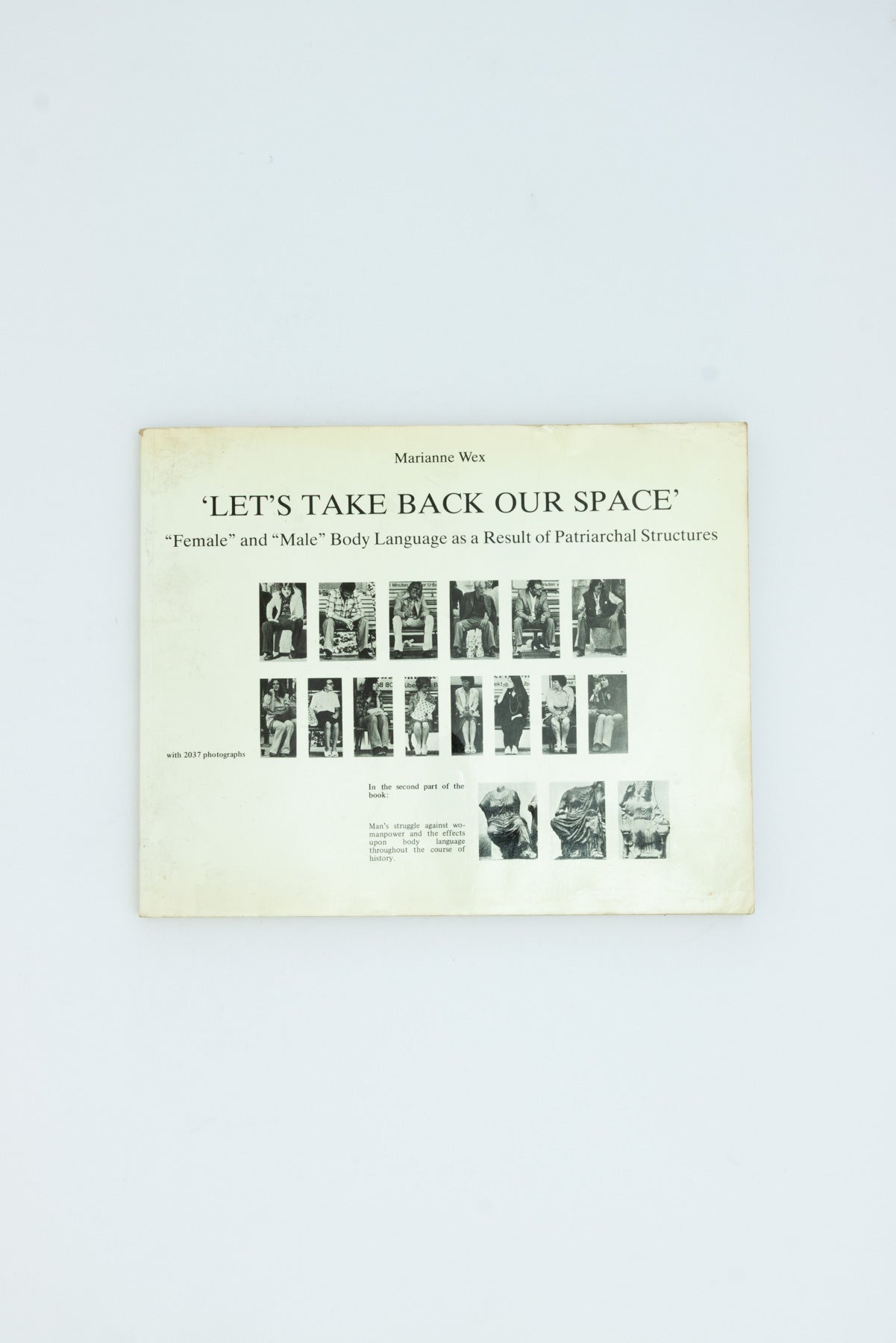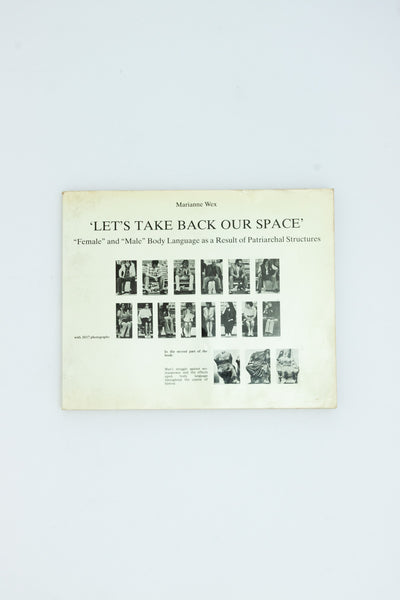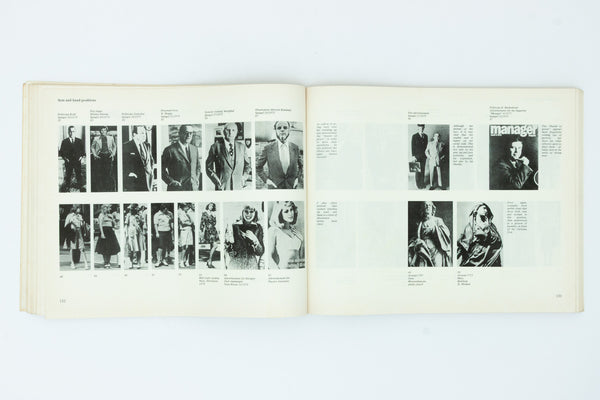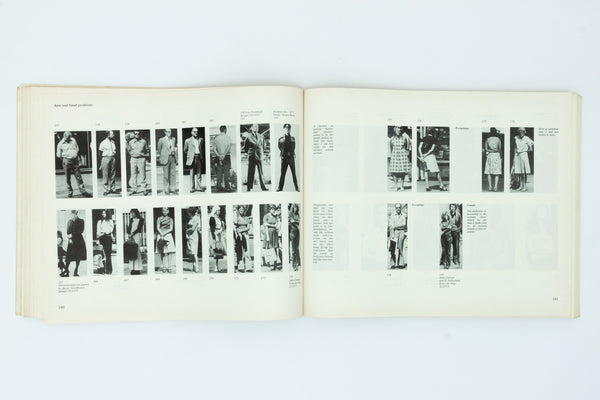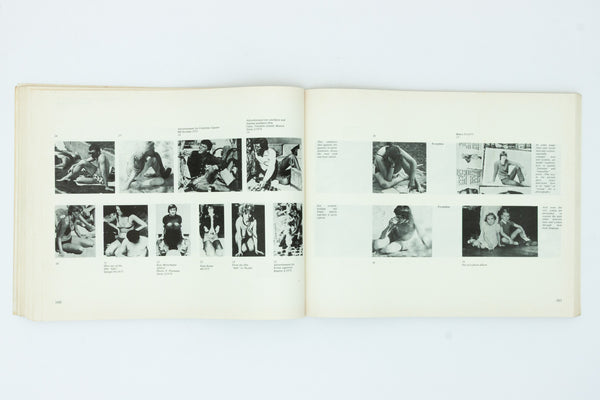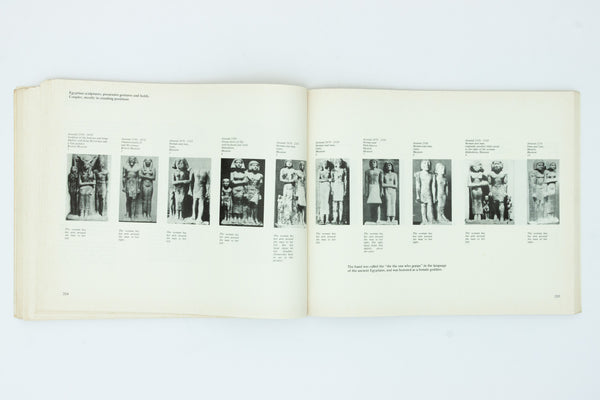‘Let’s Take Back Our Space’. - Marianne Wex
WEX, Marianne.
‘Let’s Take Back Our Space’. “Female” and “Male” Body Language as a Result of Patriarchal Structures.
First edition. Oblong 4to. 366pp with b&w illustrations throughout in stiff card wrappers. English edition. Berlin: Frauenliteraturverlag Hermine Fees, 1979.
Foxing to the title page. Wrappers lightly creased. Very good.
The scarce first English edition of Marianne Wex’s groundbreaking artist book published in 1979. The German artist Marianne Wex started out as a painter before producing her expansive photographic project "Let’s Take Back Our Space". In her research Wex gathers over 5,000 photographs of body postures that are assembled into thematic grids: seated persons, leg and feet positions, possessive gestures and holds, and so on. Wex argues that our body language, including our most unconscious gestures, are a result of sex-based, patriarchal socialisation affecting all of our role behaviour in daily life. She writes: ‘Beginning as children, men are encouraged on all levels to make themselves broad, especially in front of women while the intimidation of women leads them to take up as little space as possible.’
Born in Hamburg in 1937, Wex studied at the city’s University of Fine Arts, where she later taught for seventeen years. Let's Take Back Our Space was published to accompany an exhibition in the Neue Gesellschaft fair Bildende Kiinste in Berlin, in connection with the show Women Artists International, 1877 to 1977. The images Wex included were assembled from a vast array of sources— re-photographed advertisements, reportage, fashion magazines, pornography, studio portraits, art history —and many were taken on the streets of Hamburg by Wex herself. The work was expanded to include an extensive historical section with a compelling study of Egyptian, Greek and Roman statuary as well as accounts of Wex's own personal experiences. In her sharp orchestration of an enormous body of research Wex not only makes an incredible contribution to feminist history and cultural analysis but also to the format of the artist book.

